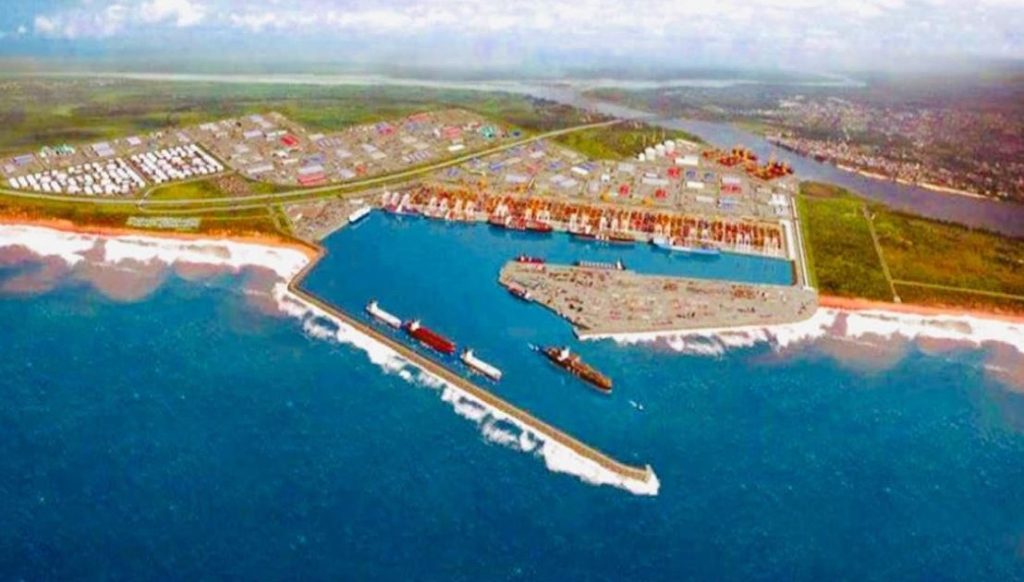Nigeria, with its extensive coastline and rich aquatic resources, stands at the cusp of significant economic transformation through the sustainable development of its Marine and Blue Economy. This burgeoning sector encompasses a diverse range of activities, from fishing and aquaculture to maritime transportation, tourism, and offshore renewable energy. Harnessing the full potential of these resources presents a unique opportunity for Nigeria to diversify its economy, create employment opportunities, and improve the livelihoods of its citizens. However, realizing this potential requires a comprehensive and strategic approach that addresses current challenges and fosters sustainable practices.
The concept of the Blue Economy, which emerged from the 2012 Rio+20 United Nations Conference on Sustainable Development, emphasizes the importance of balancing economic growth with environmental stewardship. This approach recognizes that the ocean’s resources are not inexhaustible and that sustainable management is essential for long-term prosperity. For Nigeria, this means implementing policies and regulations that promote responsible fishing practices, protect marine ecosystems, and mitigate the impacts of pollution and climate change.
The fishing industry, a cornerstone of Nigeria’s Blue Economy, currently contributes over $270 billion annually to the global Gross Domestic Product. This highlights the significant economic potential of this sector. However, illegal, unreported, and unregulated (IUU) fishing poses a major threat to the long-term viability of Nigeria’s fisheries. IUU fishing depletes fish stocks, damages marine ecosystems, and undermines the livelihoods of local fishing communities. Combating IUU fishing is crucial for ensuring the sustainability of this vital sector.
Recognizing the importance of the Marine and Blue Economy, the Nigerian government has taken proactive steps to promote its development. The establishment of a dedicated Ministry of Marine and Blue Economy signals a strong commitment to harnessing the potential of this sector. This dedicated ministry can provide the necessary policy framework, regulatory oversight, and coordination to foster sustainable growth. Furthermore, it can facilitate investment in infrastructure, research, and capacity building to support the various sub-sectors within the Blue Economy.
To unlock the full potential of Nigeria’s Blue Economy, a multi-faceted approach is required. This includes strengthening fisheries management, promoting sustainable aquaculture practices, developing maritime transport infrastructure, fostering marine tourism, and exploring opportunities in offshore renewable energy. Investing in research and development is also crucial for understanding the complex interactions within marine ecosystems and for developing innovative solutions to address emerging challenges.
Collaboration and partnerships are essential for the successful development of Nigeria’s Blue Economy. Working with international organizations, regional partners, and the private sector can provide access to expertise, technology, and funding. Engaging local communities is also paramount, as they possess valuable traditional knowledge and are directly impacted by the management of marine resources. By fostering inclusivity and participatory decision-making, Nigeria can ensure that the benefits of the Blue Economy are shared equitably and that its development is socially and environmentally sustainable. Building a robust and sustainable Blue Economy will not only contribute to Nigeria’s economic prosperity but also play a vital role in safeguarding its marine resources for future generations. Through strategic investments, effective governance, and collaborative partnerships, Nigeria can chart a course towards a thriving Blue Economy that benefits both its people and its environment. The potential is vast, and the opportunity is ripe for Nigeria to become a leader in the sustainable development of its ocean resources.


